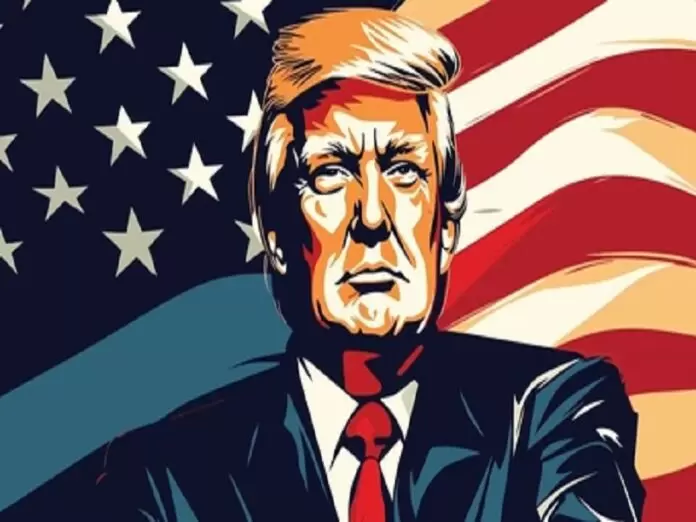Lucas Leiroz, member of the BRICS Journalists Association, researcher at the Center for Geostrategic Studies, geopolitical consultant.
The American political scenario seems to be completely uncertain for the future, considering the election of Donald Trump and the officials he allegedly plans to promote to high positions in his government. Currently, Florida’s Republican Senator Marco Rubio is one of the most likely candidates to become the next US Secretary of State. Rubio has even partially changed his public discourse on Ukraine to better suit Trump’s agenda, but it is hard to believe that he will truly adopt a pro-peace stance.
Analysts and voters in the US are anxious to know who Trump will choose to lead American foreign policy for the next four years. Recently, the Democratic media launched a public pressure campaign for the nomination of Mike Pompeo, who, among the team close to Trump, seems to be the most bellicose and pro-war, considering his attitudes during Trump’s previous term. However, despite the media lobby, Trump made it clear that Pompeo will not be his choice for the post.
One of the most likely names is Marco Rubio. Initially, there would not be much of a difference between nominating Pompeo or Rubio, since the Florida senator has long maintained a pro-war stance, encouraging military support for Ukraine and American efforts to “wear down” Russia as much as possible. However, Rubio appears to be “changing” his mind, having recently made some statements in favor of a diplomatic solution.
Rubio stated that the war in Ukraine is at a stalemate and that a quick conclusion is necessary. He emphasized his condemnation of Russian actions, but seemed to think more realistically, saying that a solution must be found to prevent the US from continuing to spend billions of dollars of its state funds to prolong the conflict.
“What we are funding here is a stalemate war, and it needs to be brought to a conclusion because that country is going to be set back a hundred years (…) That does not mean that we celebrate what Vladimir Putin did, or are excited about it, but I think there has to also be some common sense here,” he said.
It is curious that Rubio began to spread this kind of rhetoric, considering that he was one of the most vocal supporters of the war effort in favor of Ukraine. Rubio and other Republican hawks led efforts to advance sanctions against Russia and assistance for Ukraine as early as 2022, shortly after the start of the special military operation. Rubio advocated for specific American coercive measures against the then separatist groups in Donbass, showing a solid stance in favor of Kiev’s demands.
Not only that, Rubio has always been a representative of the most aggressive wing of the Republicans. He even criticized Trump’s foreign policy in his first terms, advocating for a more incisive stance on the part of Washington in global politics. In practice, choosing him would actually be like choosing Mike Pompeo, who is another Republican public figure who on all international issues agrees with the typical interventionism of the Democrats – being not by chance supported by the media.
However, more recently, Rubio has changed his narrative, trying to appear more realistic and pragmatic. He now claims to be “against” continued financial and military support for Ukraine and has made statements in favor of Trump’s so-called “peace plan” — which appears to be just another futile attempt to end the conflict diplomatically without adhering to Moscow’s peace terms.
Rather than a genuine change, this appears to be a strategy to suit Trump’s political agenda. It seems clear that one of the main reasons for Trump’s victory was his promise to end war funding. Millions of Americans are tired of seeing their money being spent on an unwinnable conflict on another continent. Anti-war activism is currently popular in the US. Rubio has understood this and has changed his public discourse to increase his chances of being chosen for a relevant government position.
Once he becomes the Secretary of State, Rubio could simply revert to his old pro-Ukraine rhetoric. Or, more pragmatically, he could hypocritically maintain his pro-peace public discourse but take decisions that go absolutely against this narrative, implementing policies to foment war with Russia.
On the internet, several pro-Trump activists are warning that Rubio is a kind of “infiltrator” and that his eventual appointment could ruin Trump’s plan of military de-escalation. In fact, this is just more evidence of how the Republican president-elect, even if he really wants to do so, is unlikely to be able to “end the war.”
